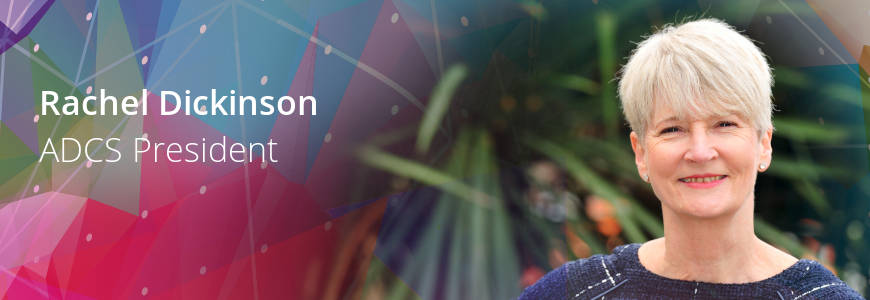Parenting programmes

The spectrum of parenting programmes is broad, dealing with everything from behaviour, adolescence and sleep, to health and good nutrition. Some are just a few hours long and are delivered by volunteers, others are much more formalised with clear, measurable outcomes. Programmes of all shades provide advice, support and guidance, some are paid for, perhaps one of the most well-known and popular being the National Childbirth Trust’s work with new parents. We know that parents and carers are often more receptive to advice and support early on, helped by the frequent and regular contact with a range of health professionals in the pre-school years.
Universal parenting programmes are a public health intervention that benefits those directly in need of support while also delivering broader benefits at a population level, such as increased levels of wellbeing. Sustained use of early childhood nutrition programmes delivered via children’s centres in places such as Leeds have notably resulted in a reduction in childhood obesity levels. The evidence base about the effectiveness of programmes is growing all the time, particularly thanks to work of the Early Intervention Foundation and Research in practice. This not only helps us with our commissioning decisions but boosts parental confidence too.
More recently, a growing number of government departments are involved in commissioning their own projects and programmes for specific cohorts or families, often where significant challenges are already evident. Two examples of this being the Department of Work and Pensions Parental Conflict Programme or the Ministry of Housing, Communities and Local Government-led Troubled Families Programme. The latter operates on a different scale and has received the most consistent funding over recent years, meaning it has become increasingly more integral to our work with families as time goes on. Amongst other things, Troubled Families funding pays for a range of parenting programmes offered to families with multiple and interconnected problems, from poor school attendance to unemployment.
Claims about the 100% success rate of Troubled Families have been drawn into question, however, there can be no doubt that the results of parental surveys and the testimony of staff working with families demonstrate real, tangible benefits, including increased confidence and constructive coping mechanisms. Although practical support to change behaviour is offered via the Programme, the material circumstances of families experiencing poverty, unemployment or insecure work, living in poor quality housing and difficulties in accessing mental health support remain largely unchanged.
The best programmes take a collaborative approach, empowering parents and carers to set their own goals and work at their own pace. One of the strengths of the Troubled Families Programme, is the use of a single key worker, allowing a trusting relationship to build up over time. It is important that practitioners recognise the strengths of parents, carers and wider family networks as well as parent’s ability to make positive changes. The ability to tailor support to meet the needs of families is particularly important for young parents, for example, or for those whose first language is not English.
Jenny Coles, ADCS President 2020/21.
This article first appeared in CYP Now in January 2021
Related Articles
At some point over the next 12 months, we’ll find ourselves heading into a...
In General
The Civil Society Strategy (2018) recognises that youth work can have a...
In General
The latest available statistics, which pre-date the pandemic, show that 4.5...
In General
ADCS President, Steve Crocker, comments on the first report of the OCC’s...
In General
Poor mental health and wellbeing can have a lasting impact on children and young...
In General
Despite us being one of the richest economies in the world, widening...
In General
The Association recently held its annual conference in Manchester. This was the...
In General
Early years policy has been a focus for all recent governments, however,...
In General
On 1 April I became ADCS President and I feel privileged to be able to represent...
In General
Over the past year ADCS members have spoken about the opportunities arising from...
In General
On the campaign trail for the general election we’ve heard politicians talking...
In General
Early this year the government is set to publish its long awaited Levelling Up...









